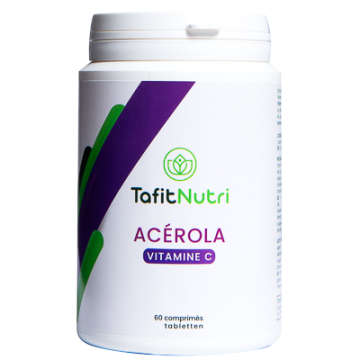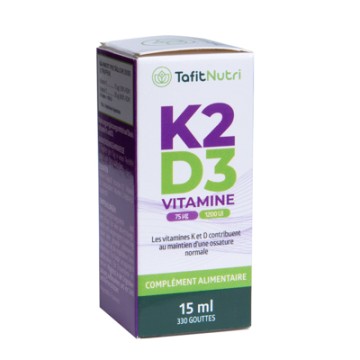180 capsules, 764 mg
The essential role of collagen in the body
Collagen is a key structural protein that plays a crucial role in maintaining the integrity of tissues throughout the body.
It makes up nearly 30% of the body's total proteins and ensures the strength and elasticity of various tissues.
Collagen is found in the skin, muscles, bones, tendons, and even blood vessels. Its functions go far beyond mere structure.
It promotes tissue regeneration, supports wound healing, and provides the necessary flexibility for joints to function properly.
In summary, collagen is essential not only for structural support but also for tissue regeneration and flexibility.
Maintaining a good level of collagen helps to support these vital functions for optimal joint, skin, and bone health.

Joint System
In the joint system, collagen acts as a cushion that supports tendons and ligaments by providing the necessary resistance against mechanical stress. It is also a fundamental component of cartilage, which covers the ends of bones in joints, facilitating movement and reducing friction.

Skin Elasticity
In the skin, collagen is an important part of the dermis structure, the deeper layer of the skin. It helps maintain elasticity and hydration, which prevents the appearance of wrinkles and keeps the skin firm and youthful. As we age, the body's natural production of collagen decreases, leading to skin sagging and the formation of fine lines.

Bone Tissue
Bone tissue is also heavily reliant on collagen. It serves as a matrix where minerals like calcium and magnesium bind to form strong bones. Without collagen, bones would be much more fragile and prone to breaking. It also plays a role in bone repair, particularly after fractures or microtrauma.

























